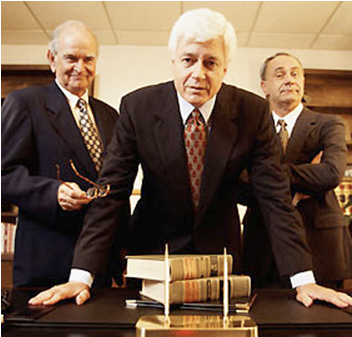Charities receive some of their largest gifts upon the passing of a benefactor. While this is a kind gesture on your part, if you live in New York you should leave money to your preferred charity using any method other than your Will. Probate is Annoying: Probating a Will requires New York’s involvement, meaning Probate can be an expensive, tedious and slow process. You will need to both place the charity on notice that they are a beneficiary under the Will, send them their funds, and procure a Release from the charity. All of this takes time, meaning an attorney is billing for all of this. Attorney General’s Involvement: As if New York’s courts weren’t inefficient enough for














